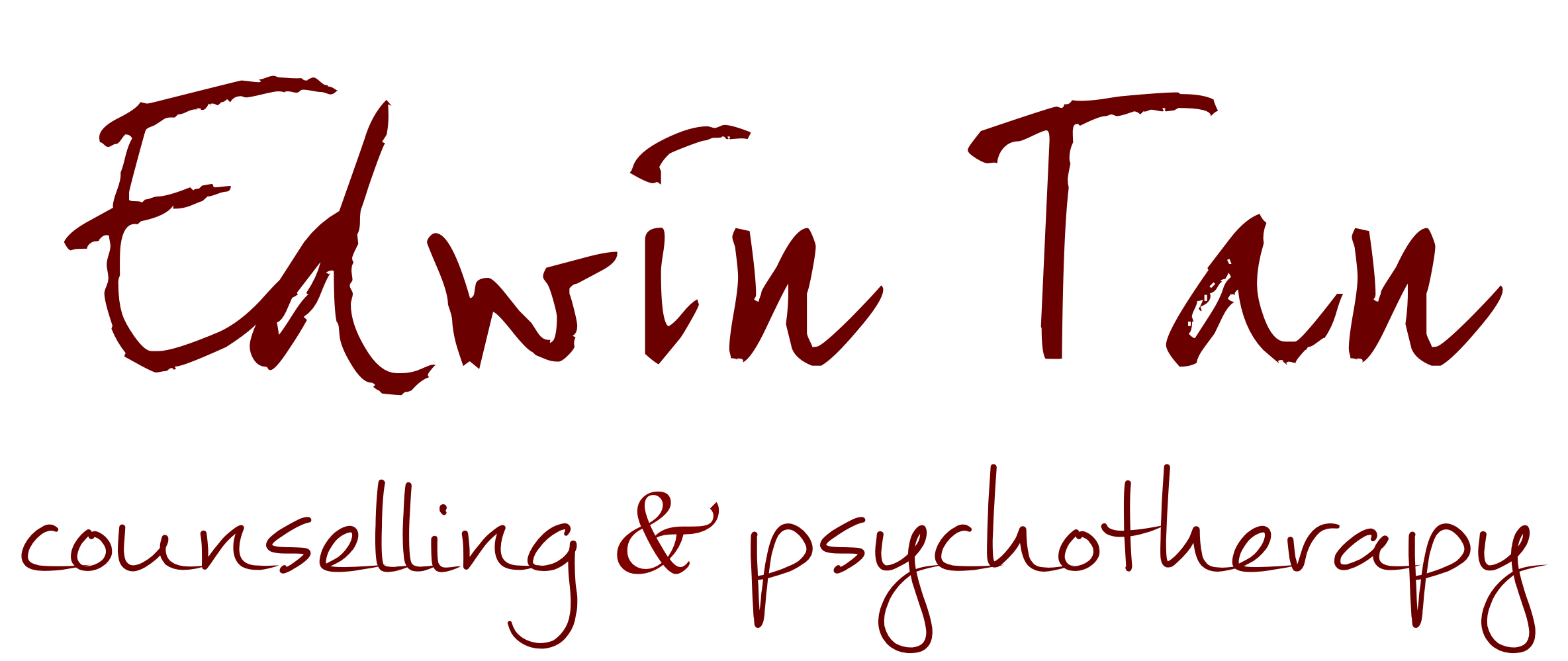Freedom
“In sharing with friends and family the weirdest things about me, I expect humiliation, or at least some solid recoils in horror. Instead, they mull it over, ask a couple of questions, then tell me the weirdest things about themselves.”
In his honest, funny and moving essay about overcoming Obsessive Compulsive Disorder, Rich Monahan realized that he was a prisoner to his own shame – the fear of being shunned, ridiculed or worse, kept him from taking steps to address his obsessive behaviour until he finally learnt to confront and overcome his shame.
What most assisted him in doing so was his realization – via the demonstration by others – that everyone carries shame with them, and that sharing the very thing that cries out to be hidden away can be liberating and powerful.
Though there is no definitive consensus within scientific studies, shame appears to be unique to human beings. It is also the most toxic of the primary emotions we carry around with us. Guilt carries with it a sense of wrong-doing that dissipates gradually, though memories of the incident might periodically bring unpleasant echoes back into consciousness. In contrast, the sense of wrong-being that is the hallmark of shame is what drives many of us to steadfast silence and inspires a fear of exposure, judgement and humiliation that only deepens and strengthens over time. The prospect of considering, never mind looking at or reflecting on, our shameful feelings can often lead to aversion and avoidance. These ‘coping strategies’ to flee from shame only serve to strengthen its hold over us – that which is hidden and denied has all the more power to wreak havoc.
As Mr Monahan demonstrates in his article, the courage to bring into light our shame rewards us with the freedom from its tyranny – and it can invite others to likewise take heart and give voice and acknowledgement to their own shame, which in turn frees them. If we are met with kindness, honesty or even similar vulnerability, we can integrate the experience into our conscious awareness and learn that shame does not have to annihilate us. If we are met with cruelty, ridicule or denial, we nonetheless recognize that living from the place of truth and honesty is no worse than hiding since the feared for result can be survived – and we also learn who we can trust with our real selves.
Daring to be vulnerable so as to overcome that which makes us feel ashamed has been Brene Brown’s message all along, and without misappropriating its power, the #MeToo movement is a searing real-world demonstration of how confronting and overcoming shame can lead to personal and universal emancipation from the tyranny of this dark emotion. Most importantly, once shared, shame begins to lose its stronghold over us. It’s a frightening prospect that takes time and care – go gently.

